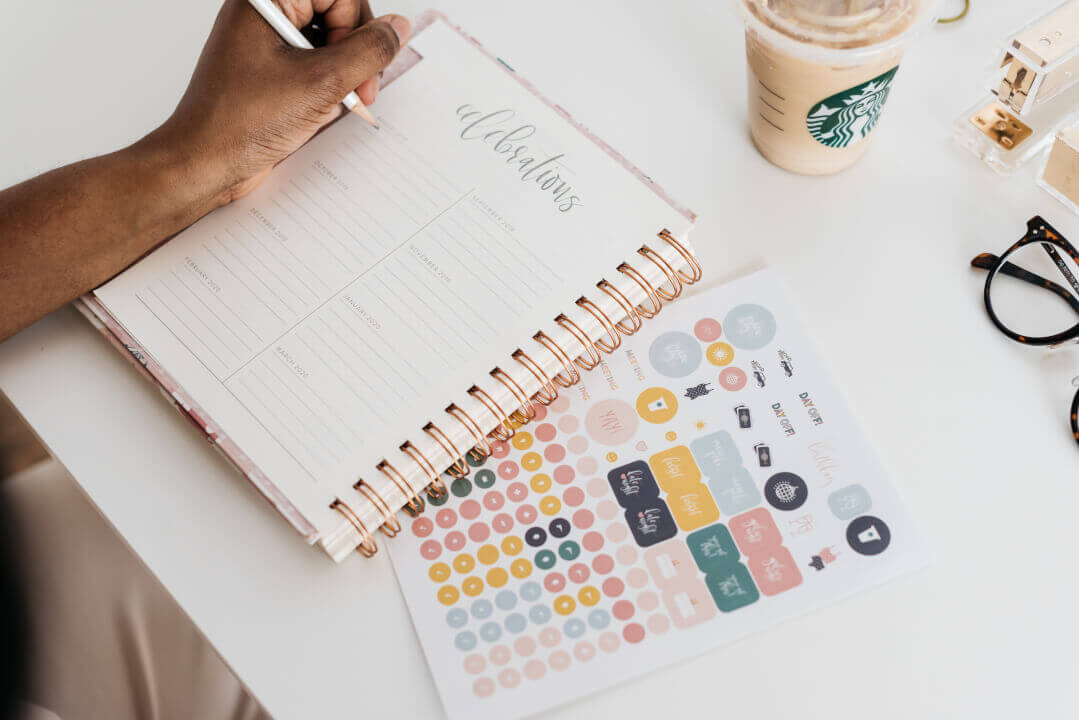Hey there, fellow student! Are you tired of spending countless hours studying for exams, only to feel like you haven’t retained anything? Yeah, been there, done that. But fret not, because I’ve got your back! As a former student who’s conquered the exam battlefields, I’ve gathered some tried-and-true strategies that will revolutionize your study routine and help you study smarter, not harder.
In this article, I’ll spill the beans on how to study effectively for exams. Forget about mindlessly highlighting textbooks or pulling all-nighters. I’ll show you practical techniques that will make your study sessions more productive and enjoyable.
Picture this: Instead of mindlessly re-reading textbooks and hoping for the best, imagine using active recall to truly understand and retain information. It’s like having a mental cheat sheet for exams! Not only that, but we’ll also explore techniques like spaced repetition and creating mind maps to enhance your memory retention.
Whether you’re a visual learner, a hands-on learner, or something in between, there’s something here for everyone. Get ready to revolutionize your study routine and unlock your full academic potential. Trust me, after reading this article, you’ll be armed with the ultimate study arsenal. So, grab a cup of coffee and dive in – your exam success awaits!
Active Recall
Active recall is a technique that requires you to retrieve information from memory without relying on your notes or resources. By engaging in active recall, you strengthen your ability to remember information during exams. For example, if you are studying vocabulary words, you can quiz yourself by covering up the definitions and trying to recall them from memory. This exercise forces your brain to actively retrieve the information, making it easier to recall later.
Spaced Repetition
Spaced repetition is a method that optimizes learning over time by reviewing material in intervals. Instead of cramming all at once, you review the material with increasing gaps between each review session. For instance, if you are studying a particular topic, you can review it after one day, then after two days, then after a week, and so on. This technique leverages the spacing effect, which states that distributed practice leads to better long-term retention compared to massed practice.
Mind Mapping for Visual Organization
Mind maps are graphical representations of concepts that visually interconnect ideas. This technique is particularly beneficial for visual learners. For example, if you are studying a complex topic with multiple subtopics, you can create a mind map to organize the information. Start by placing the main concept in the center and branch out with related subtopics and supporting details. This visual representation helps you see the relationships between concepts, making it easier to comprehend and remember the material.
Utilizing Cornell Notes
The Cornell Notes system is an effective method for organizing and reviewing information. To use this technique, divide your note paper into three sections: cues, notes, and summaries. During a lecture or study session, jot down key points or main ideas in the “notes” section. Then, formulate concise cues or questions related to the notes in the left margin. Finally, synthesize the main ideas in the summary section. This approach promotes active engagement with the content and provides a structured format for reviewing later.
The Pomodoro Technique
The Pomodoro Technique is a time management strategy that breaks your study time into focused intervals, typically 25 minutes, followed by a short break. After completing a set number of intervals, take a more extended break. For example, you can set a timer for 25 minutes and solely focus on studying during that time. Once the timer goes off, take a short break of 5-10 minutes to rest and recharge. This method helps maintain your concentration levels and prevents burnout.
Teach Someone Else
Teaching others what you’ve learned is an effective way to solidify your understanding of the material. By explaining concepts to someone else, you simplify complex topics and identify any gaps in your knowledge. You can practice this technique by teaching a friend, family member, or even an imaginary audience. Verbalizing the information and presenting it in a clear and concise manner enhances your own comprehension and retention of the material.
Utilize Technology Wisely
In today’s digital age, various apps and tools can enhance your study sessions. Flashcard apps like Anki allow you to create digital flashcards with spaced repetition built in. This enables you to review important information at optimal intervals. Note-taking apps like Evernote help you organize your notes seamlessly across devices, making it easy to access and review your study materials. Additionally, educational YouTube channels and online courses provide alternative explanations and visual aids for challenging topics, supplementing your studying resources.
Mock Tests & Practice Papers
As the exam date approaches, incorporating mock tests and practice papers into your routine is crucial. Simulating exam conditions helps you become familiar with the format and time constraints, reducing test anxiety and boosting your confidence. By practicing with sample questions, you can identify areas where you need further improvement and tailor your study sessions accordingly.
Prioritize Self-Care & Healthy Habits
While studying effectively is important, neglecting self-care can hinder your performance. Make sure you prioritize self-care activities such as getting enough sleep, maintaining a balanced diet, and engaging in regular physical activity. Adequate sleep is essential for consolidating memories, while a balanced diet and exercise can boost cognitive function and concentration. Taking care of yourself holistically will ensure that you are in the best state of mind and body for optimal studying.
Reflect and Adapt
Periodically reflecting on your study techniques and results is crucial for improvement. Take the time to evaluate what study methods are working well for you and which ones may need adjustment. Consider the outcomes of your study sessions, such as the effectiveness of different techniques or the amount of material retained. Based on these reflections, adapt your approach to continuously enhance your study sessions. For example, you may find that active recall works particularly well for you, while mind mapping needs some refinement. By being open to adapting your study methods, you can optimize your learning experience and achieve better results.
To Finalize Effective Exam Tips
To wrap up our journey towards mastering the art of effective exam study techniques, let’s take a moment to reflect on the invaluable strategies we’ve explored. From discovering the power of active recall to leveraging spaced repetition, every technique we’ve delved into has been carefully selected to help you study smarter, not harder.
By implementing these techniques, you’ll no longer depend on luck or sheer memorization to pass exams. Instead, you’ll become a proactive learner, equipped with the tools to truly understand and retain information. Gone are the days of feeling overwhelmed and lost amidst a mountain of material. With our newfound knowledge, we can approach exams with confidence, knowing we’ve prepared in the most effective way possible.
Remember, success in exams isn’t solely dependent on the number of hours you spend studying. It’s about studying strategically, optimizing your time and effort to achieve the best results. So as you embark on your study journey, embrace a growth mindset, adapt your approach as needed, and prioritize your mental and physical well-being.
Above all, believe in yourself and your ability to conquer any exam that comes your way. With the right study techniques and a positive mindset, there are no limits to what you can achieve. So go forth, fellow student, armed with the wisdom you’ve gained, and let your exam success be a testament to your dedication and mastery of effective study techniques.



